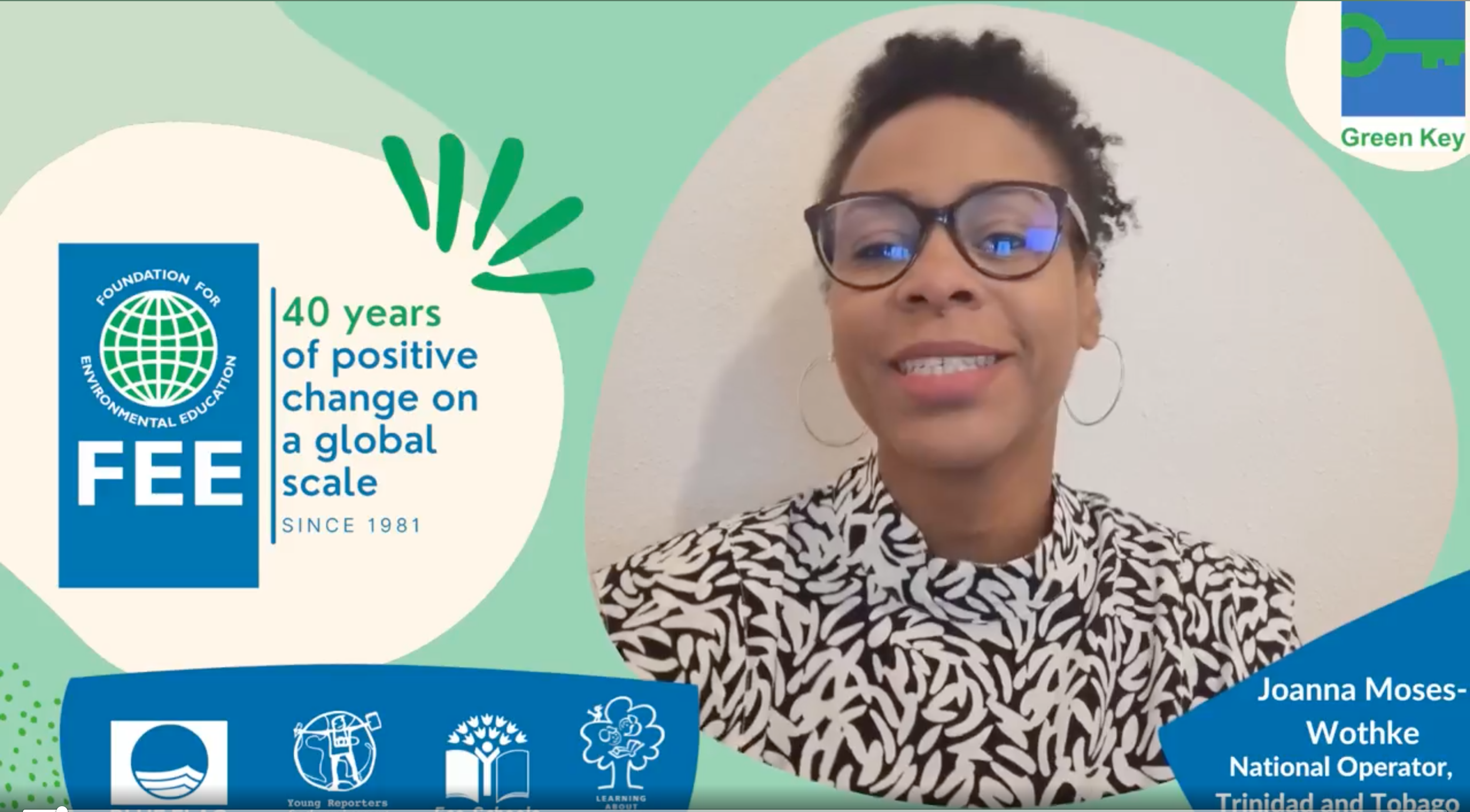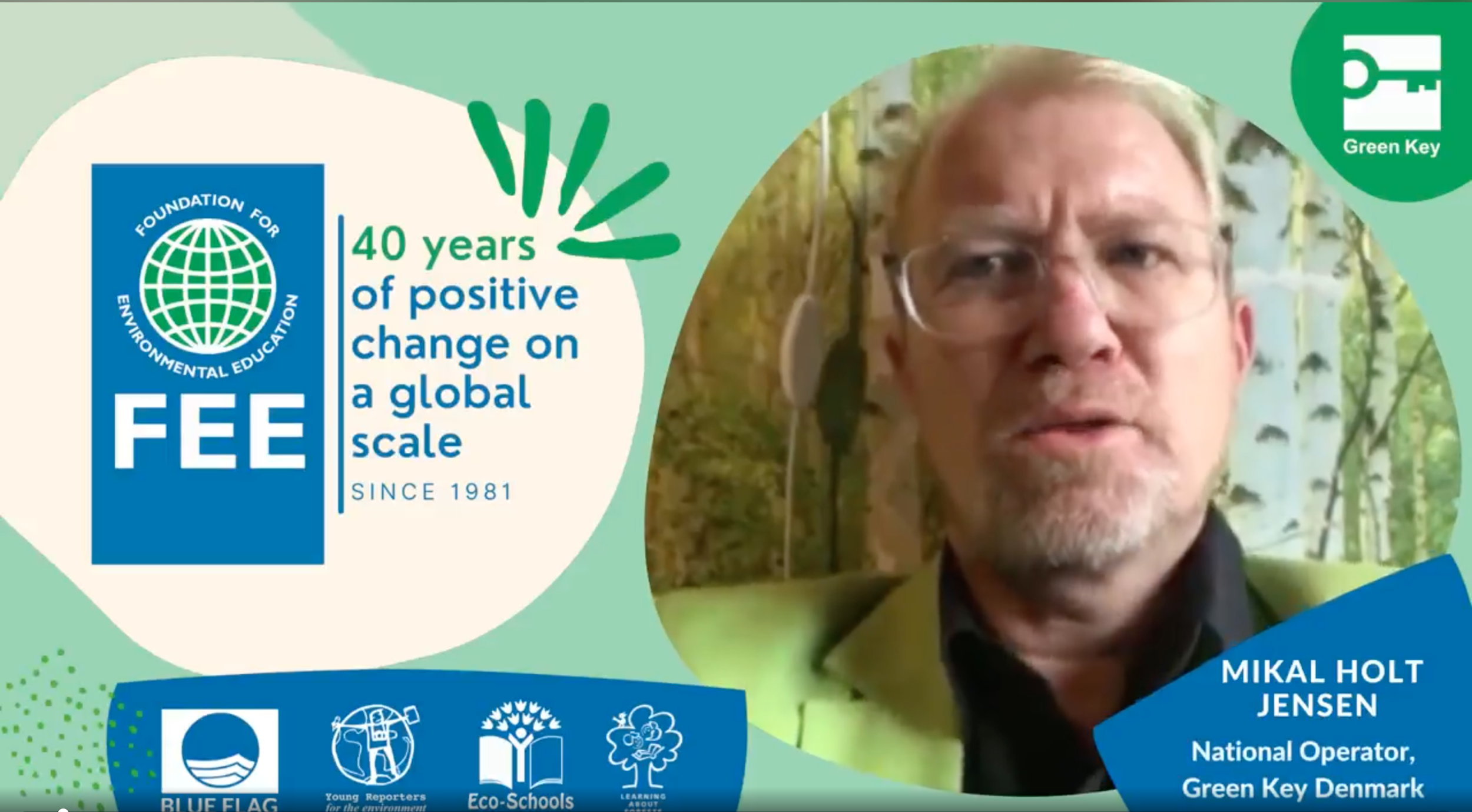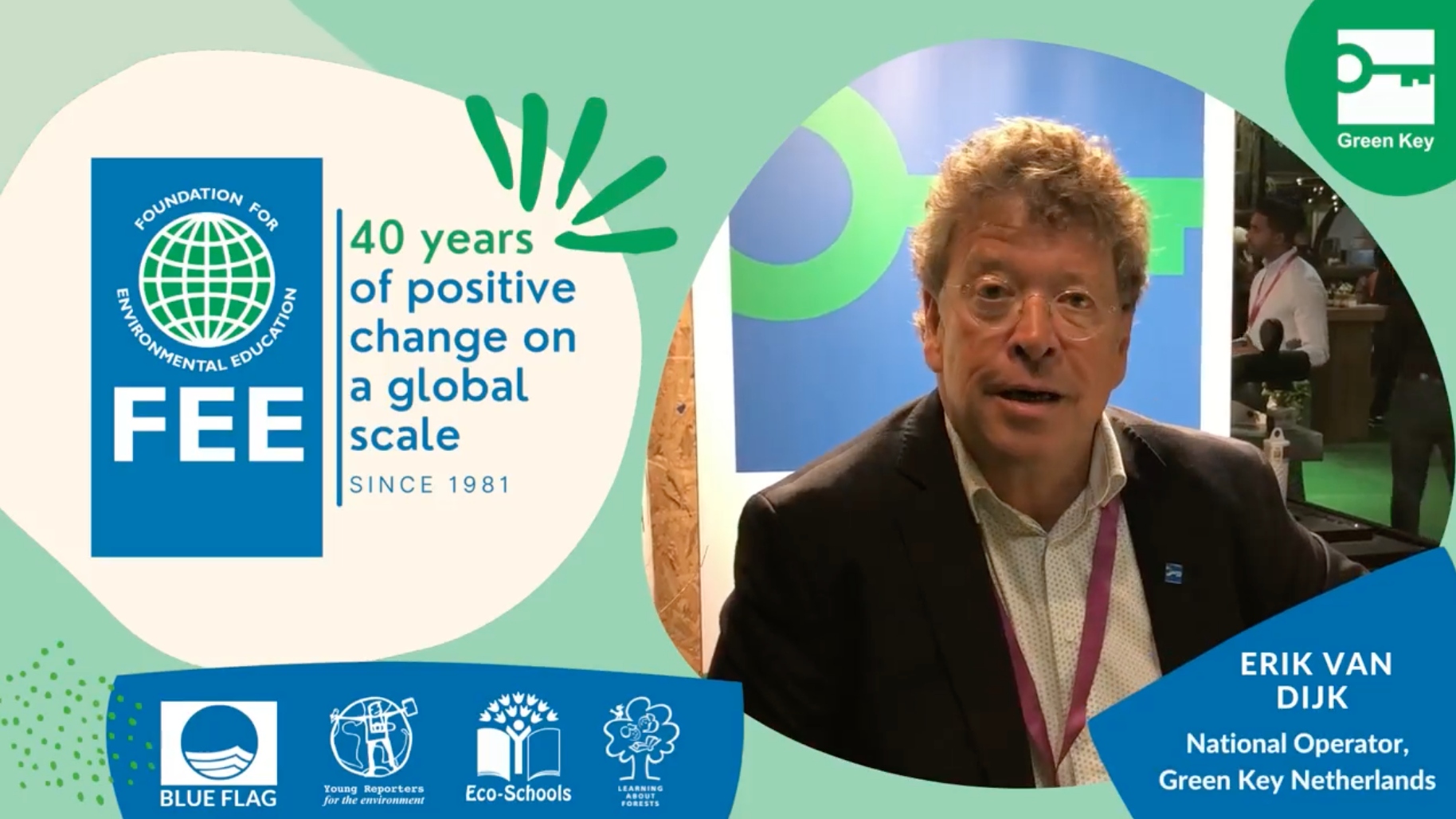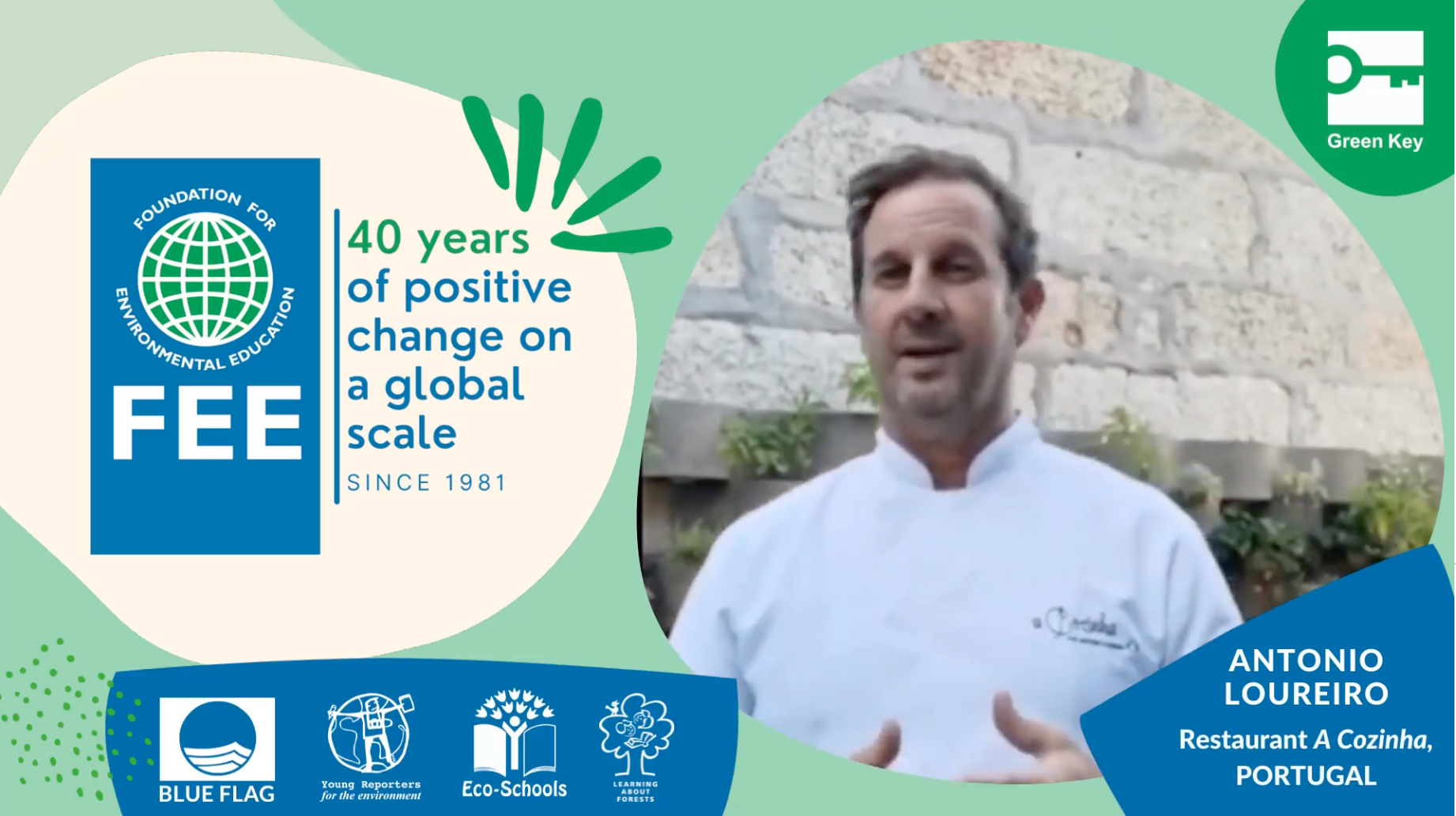As part of the Foundation for Environmental Education’s strategy for the next decade, Green Key is hosting four webinars on the importance of biodiversity to the tourism industry.
Climate change, biodiversity loss and environmental pollution. These critical environmental threats are the focus of the Foundation for Environmental Education’s (FEE) strategy for the next decade. Named GAIA 20:30, the strategy encompasses several actions and campaigns which aim to bring more awareness about environmental problems while contributing to a more sustainable world.
In 2022, the GAIA 20:30 focuses on biodiversity loss through different actions: promoting sustainable management of the coastal zone, combating pollinator and insect loss, preserving existing and creating new natural areas, and finally raising awareness of efforts to remove invasive alien species.
The biodiversity campaign is running across all five FEE programmes through different actions and initiatives, including a biodiversity quiz and a course that will be available from March 21. Within the Green Key programme, a series of webinars are being held in collaboration with Blue Flag, focused on the importance of biodiversity to the tourism industry. The first introductory webinar on April 5 is already open for registration (here) and will address the following key questions:
- Why is biodiversity important to the tourism industry?
- How does tourism contribute to biodiversity loss?
- How can tourism contribute to the protection of biodiversity?
Our speakers Mr Nikos Petrou, Naturalist, Nature Photographer and Author, and Mr Arnau Teixidor-Costa, Programme Officer - Ecosystem Resilience & Spatial Planning at IUCN Med will reflect on these questions and provide practical examples related to the topic.
See below our schedule for the upcoming Biodiversity webinars:
1. The importance of biodiversity to the tourism industry (April 5)
2. Welcoming nature as your guest - biophilic design in the hotel industry (April 25)
3. My establishment in action - how to support biodiversity in the tourism industry (May 12)
4. Tourism - a force for good for biodiversity (end of May - date to be confirmed)
















